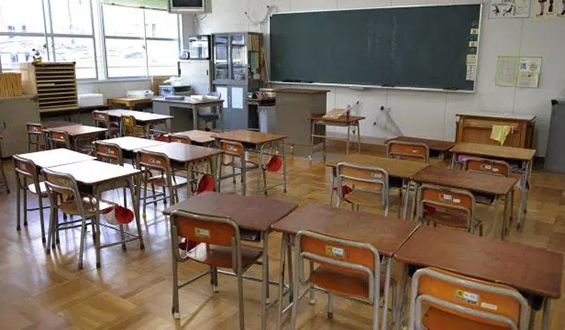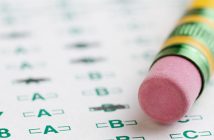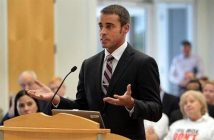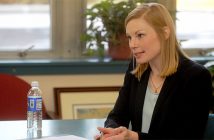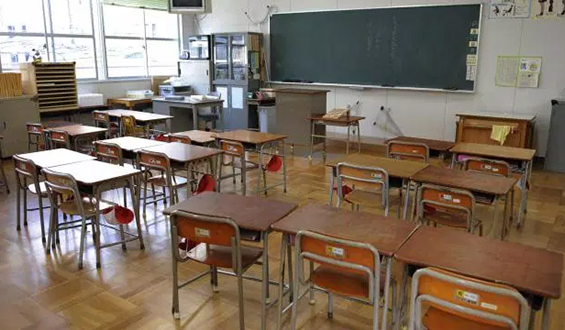
Louisiana’s private school voucher program has shown widely-varying results in a study suggesting that students in the program scored substantially lower than public school students in math during the first year of the plan.
Researchers at Tulane University stated in the report that students did better on math performance in their second year of the program, but were still below their public school peers, reports the Associated Press.
The results of the study were confined to grades three through six, but a majority of students enter the voucher program at other grade levels. The researchers added that the examination did not reveal whether the findings would be the same for students who joined the plan the first year they began school in kindergarten.
The program was established to provide tuition for some low- or moderate- income students whose only choice would have been to attend low-performing schools. First a pilot program in New Orleans, the plan was extended across the state in 2012 by lawmakers based on a push by former Gov. Bobby Jindal.
There are currently over 7,000 young people involved in the project. While Jindal and other supporters saw the program as a way for students to leave poor schools, opponents have asked how effective the vouchers are and if the diverted money is harming public schools that are in need of funding.
The Education Research Alliance for New Orleans at Tulane and the School Choice Demonstration Project at the University of Arkansas jointly released the study. The researchers said reading scores were lower for voucher-school children than the scores of their public school counterparts, but not as dramatically as math scores.
The focus of the report was on students who had attended public schools and took 2011-2012 state standardized tests before they enrolled in the voucher program in 2012-2013 school year. The program was formerly known as the Louisiana Scholarship Program.
“Our estimates indicate that an LSP scholarship user who was performing at roughly the 50th percentile at baseline fell 24 percentile points below their control group counterparts,” the report said. The gap narrowed to 13 percentile points in math in the second year. There was an eight-point difference in reading the first year but reading scores improved in the second year to a point where they were not significantly different, statistically, from the control group, the report said.
The Louisiana voucher program is the fifth-largest in the country, writes Lauren Camera for US News and World Report. But another paper published two months ago found that voucher-school students had lowered math, social studies, reading, and science scores. The possibility of a student achieving a failing score grew by 24% to 50%.
Other states are considering similar programs, and the private school scholarship sector is becoming a reality in states across the nation. Advocates of the programs say the number of students using vouchers rose by 130% since 2008-2009.
The voucher program in Louisiana extends private school options to students enrolled in a school graded C, D, or F, or who are beginning kindergarten. Voucher kids take the same state exams as their peers in public schools, says The Times-Picayune’s Danielle Dreilinger.
Some of the explanations put forth to account for these unprecedented results include that private schools might not have been equipped to educate kids from disadvantaged families; that schools’ curricula might not have been the same as the state’s mathematics standards; Louisiana’s program being larger than programs that have experienced positive results but were smaller; and that more expensive and prestigious private schools might have had a better chance of providing more diverse support for kids at risk often do not accept vouchers.
Will Sentell of The Advocate said the results are sure to have an impact on debates that will take place during the regular 2016 legislative session. The deliberations will likely concern putting restrictions on the voucher program, which costs the state roughly $42 million a year.
“We must remember all scholarship program students previously attended failing and underperforming schools,” said Ann Duplessis, president of the pro-voucher group Louisiana Federation for Children and a former state senator from New Orleans.

